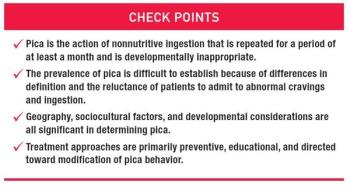
The high rate of comorbid substance abuse in women with bulimia nervosa (BN) has remained consistent in the literature. This article reviews the prevalence of substance abuse in BN and summarizes treatment approaches for persons with BN and comorbid substance abuse.



